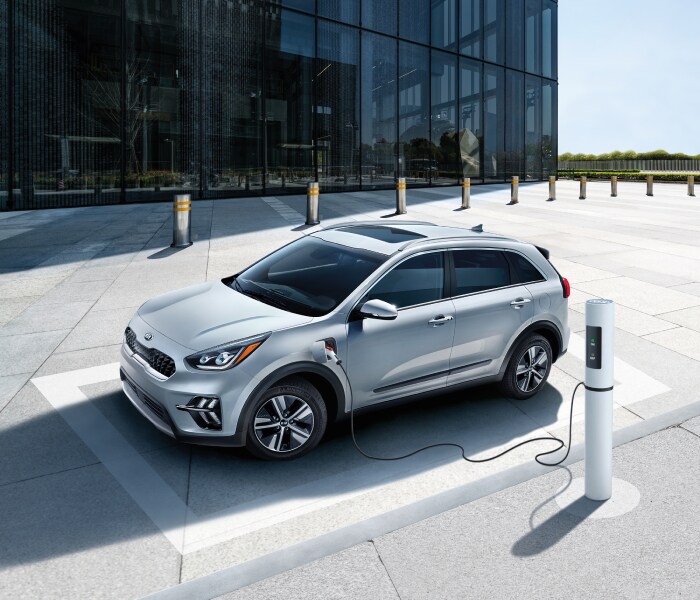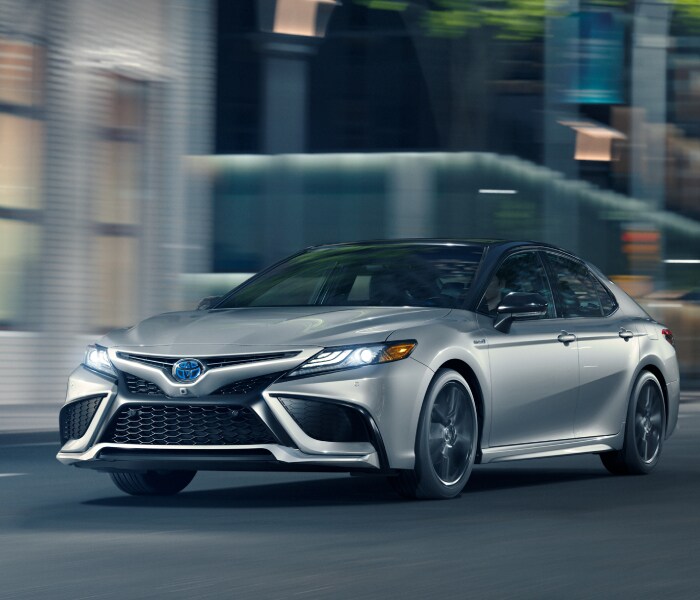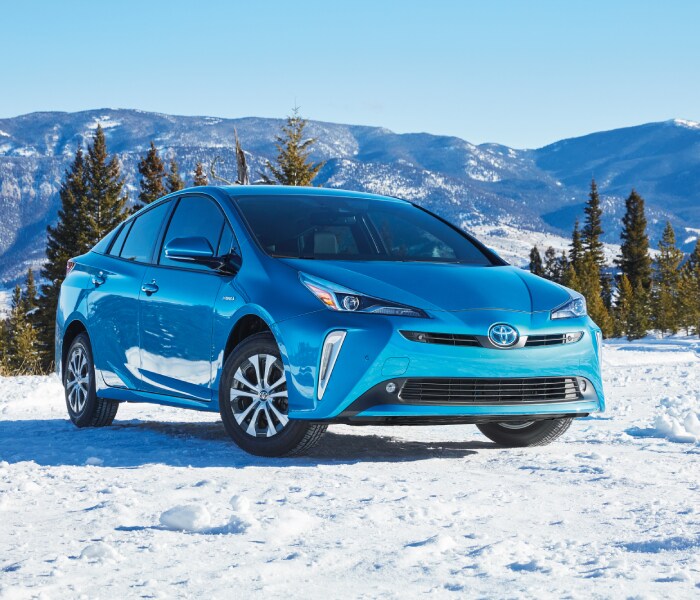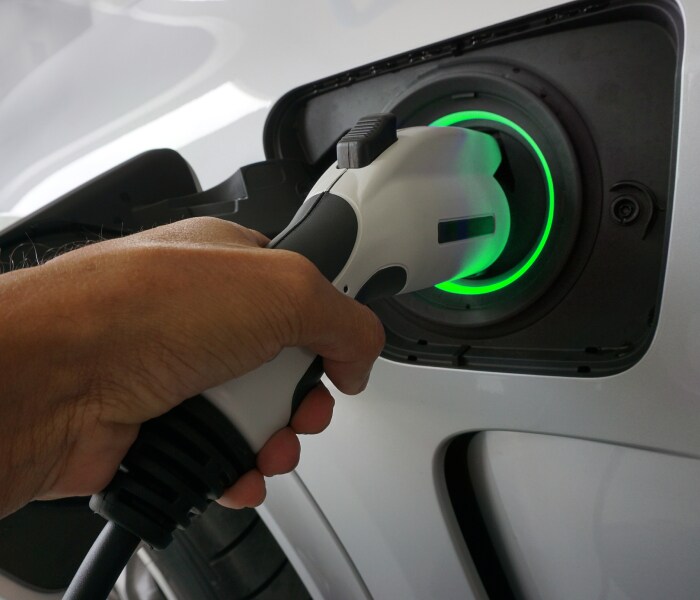Hybrid vs.
PHEV: Similarities and Differences
Hybrids and
PHEVs utilize an electric motor and battery pack to assist a gasoline engine
during high-load situations such as ignition and stop-starting. In addition to
lower greenhouse gas emissions, another benefit of hybrids is reduced operating
costs. Electric powertrains are significantly more efficient than combustion
engines, and electricity costs less per mile than gasoline.
Hybrid
batteries are charged by the combustion engine and through a process called
regenerative braking-capturing the energy typically lost during deceleration.
Since PHEVs have larger electric powertrains, they offer
higher performance numbers, plus electric-only
capability.
The
increased capacity of PHEV batteries means that they require charging
from an external power source for maximum performance and efficiency.
So, with a short commute or charging equipment at your workplace, it's possible
to go many days or even weeks using minimal gasoline.




